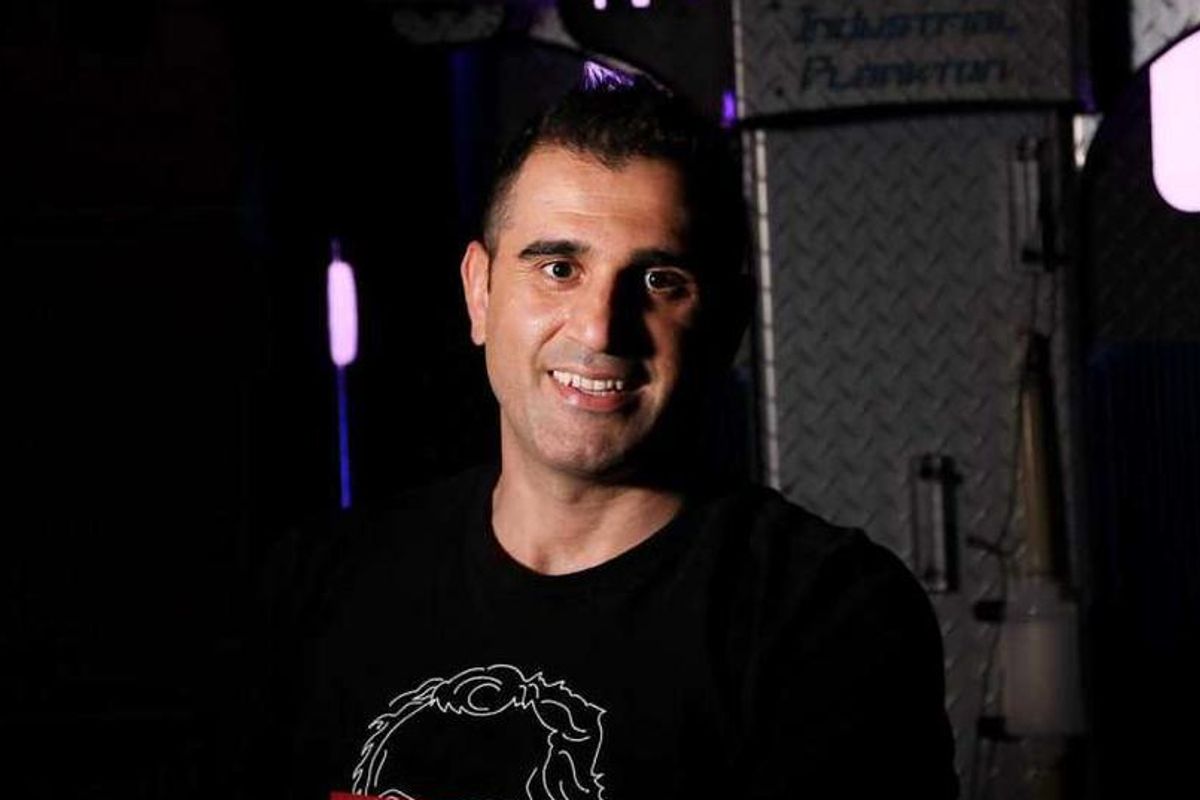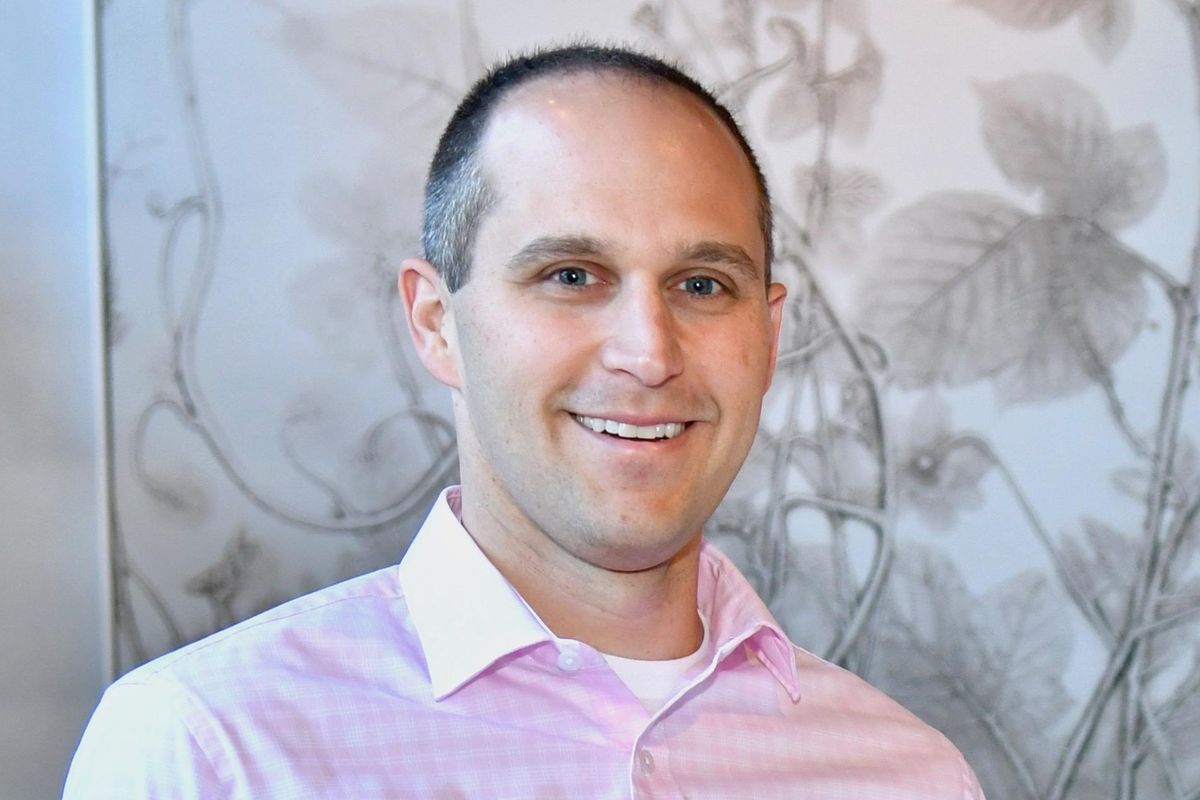10+ can't-miss Houston business and innovation events online in May
Where to be online
This month, Houstonians have yet another good batch of online innovation events — from Zoom panels to virtual conferences — and you and your tech network need to know about them.
Here's a roundup of virtual events not to miss this month — like Houston Tech Rodeo, a virtual showcase from Rice University's data science students, and more.
Note: This post might be updated to add more events.
May 4 — Perfecting Your Pitch
Join The Ion for our series with DeckLaunch and Fresh Tech Solutionz as they discuss the importance and value of your pitch deck when reaching your target audience.
The event is on Tuesday, May 4, at 1 pm. It's free and can be accessed online. Click here to register.
May 5 — D2K Virtual Showcase - Spring 2021
Join Rice University online for the interactive D2K Showcase. Student teams from the D2K Capstone and other data science programs will showcase their data science work and compete for prizes.
The event is on Wednesday, May 5, at 5 pm. It's free and can be accessed online. Click here to register.
May 6 — Carbon to Value Initiative Kickoff
Kick off a new accelerator dedicated to carbontech. The Carbon to Value (C2V) Initiative is a multi-year collaboration between The Urban Future Lab, Greentown Labs, and the Fraunhofer USA TechBridge Program. Welcome the first cohort of startups to this exciting new program, which includes Houston-based Cemvita Factory.
The event is on Thursday, May 6, at 3 pm. It's free and can be accessed online. Click here to register.
May 12 — Enventure "Inspire" Seminar Series - With Dr. Reece Norris
The "Inspire" Seminar Series was developed by Enventure to help students learn about the reality of working in the biotech and biomedical fields. This particular event will star Mr. Reece Norris, JD, co-founder and COO of WeInfuse. Reece began his career in corporate law and eventually entered the provider-based infusion center market, where he went on to create a first-of-its-kind infusion delivery business model.
The event is on Wednesday, May 12, at 6 pm. It's free and can be accessed online. Click here to register.
MAy 13 — Changing the Colors of Investment
Maria Maso of the Business Angel Minority Association and Stephanie Tsuru of SheSpace are planning an inspiring conversation on diversity in investment.
The event is on Thursday, May 13, at 11:30 am. It's free and can be accessed online. Click here to register.
May 14 — Investor Speaker Series: Navigating Corporate Venture Capital
Greentown Labs is putting on a virtual event about Corporate Venture Capital. CVCs have played an important role in advancing climatetech in general, and supporting the Greentown ecosystem specifically. In this conversation, we will connect with CVCs within the Greentown network—and representing diverse industries—to discuss what they look for in startups, how they work with startups, how they like to participate in deals, and their perspective on key trends in climatetech investing. Panelists include:
- Dina Routhier, President at Stanley Ventures
- Luda Kopeikina, Investor at DSM Venturing
- Brian Panoff, Senior Venture Principal at Shell Ventures
- (Moderator) Nina Birger, Vice President of Partnerships at Greentown Labs
May 17-23 — Houston Tech Rodeo
The Houston Tech Rodeo — a festival of events put on both online and in person — celebrates the convergence of popular culture and innovation in Houston and has transformed into an essential destination for founders and talented individuals to spur new connections and ideas while highlighting all that Houston has to offer.
The round-up of events takes place May 17 to 23. Check out all the events and register by clicking here.
May 18 — Accessibility in Tech presented by Microsoft
Attendees at this event presented by Capital Factory can look forward to a keynote chat from a serial entrepreneur or investor, insightful discussion sessions, a startup showcase pitch competition, multiple future of accessibility breakout sessions, and panels on accessibility in design and accessibility in hiring and human resource management.
The event is on Tuesday, May 18, at noon. It's free and can be accessed online. Click here to register.
May 20 — Future of Patient Experience
Healthcare centered around the patient's experience is becoming a bigger priority for systems around the world. Join experts from Houston, Texas Medical Center, the UK, and Denmark for a Biobridge event. Healthcare centered around the patient's experience is becoming a bigger priority for systems around the world.
The event is on Thursday, May 20, at 9 am. It's free and can be accessed online. Click here to register.
May 25 — Industrial XR Forum: Enterprise Projects & Tech Roundup
The Industrial XR Forum is hosting an industry-wide event focused specifically on industrial/energy and engineering large enterprise and rapidly scaling immersive tech program leaders to gain insights, use cases and technology needed for their large and often global VR/AR/XR, 3D, Digital Twin and Spatial Computing projects.
The event is on Tuesday, May 25, at 10 am. It's free and can be accessed online. Click here to register.
May 25 — HYP Referral Networking: Building Stronger Relationships
Join the Houston Young Professionals and General Assembly for a virtual networking event.
The event is on Tuesday, May 25, at 11:45 am. It's free and can be accessed online. Click here to register.
May 25 — HALO Presents: Ongoing Changes in Consumer Behavior as a Result of Covid-19
The COVID-19 pandemic caused a significant shift in consumer behavior as cities around the world saw shut downs and restrictions. Every aspect of life was affected. As the the country reopens and we enter our new normal what trends from the pandemic will stick around and what will change? Join the Texas HALO Fund and some of its portfolio companies operating in the consumer space to hear their experiences of the pandemic first hand.
The event is on Tuesday, May 25, at 5 pm. It's free and can be accessed online. Click here to register.
May 26 — Houston Startup Showcase Semifinals
Four semifinalists will come together on the virtual stage and compete for a chance to move on to the The Ion's Startup Showcase Finals. Watch the four startups pitch their company and see who the judges will select to move on to the Final and have the opportunity to compete for a prize package. The presenting companies are:
The event is on Wednesday, May 26, at 6 pm. It's free and can be accessed online. Click here to register.




 Apple doubles down on Houston with new production facility, training center Photo courtesy Apple.
Apple doubles down on Houston with new production facility, training center Photo courtesy Apple.